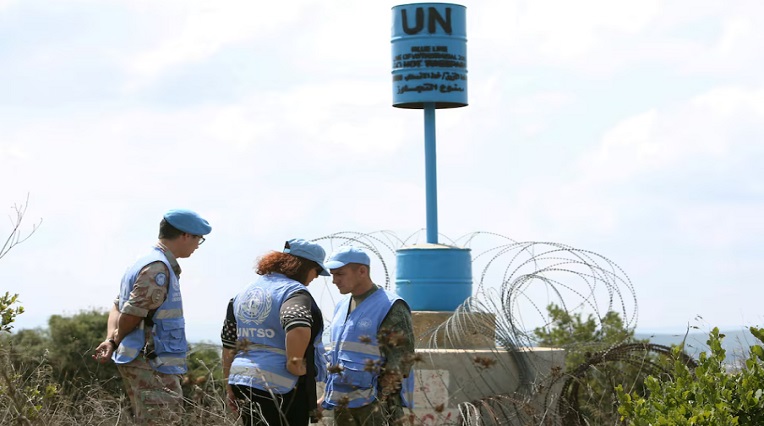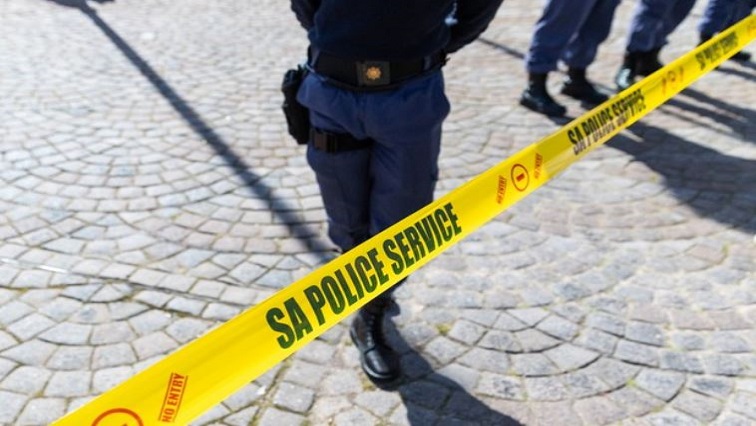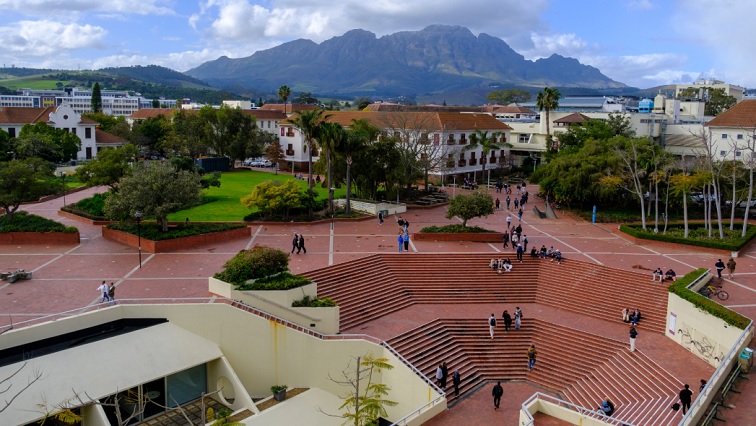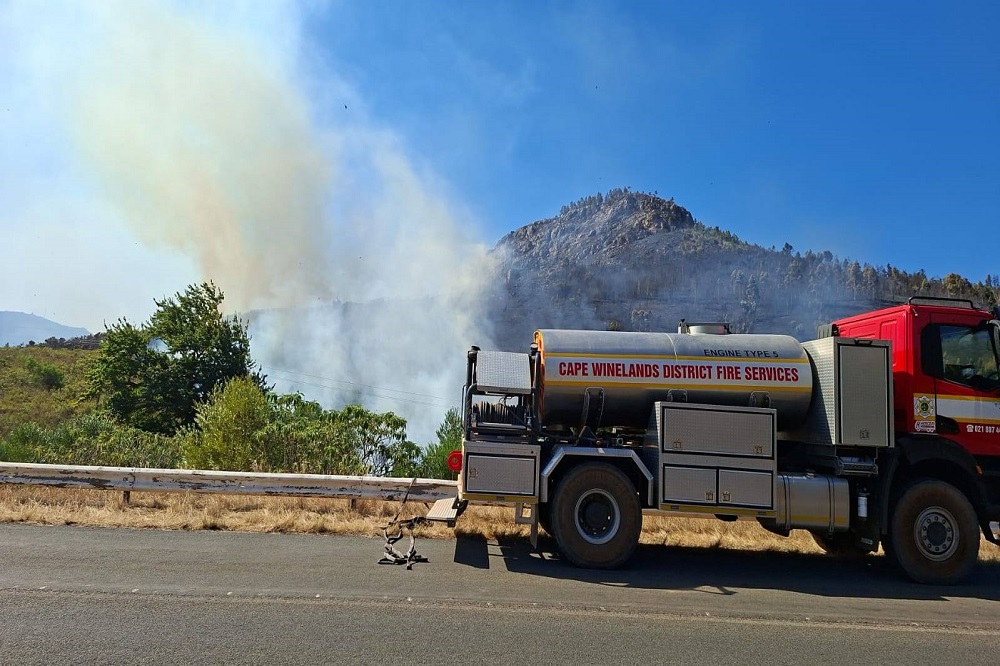-
UN unarmed personnel in conflict zone
The United Nations Security Council has received the recommendations of the Secretary General on ways to strengthen the protection of humanitarian and UN personnel after a sharp rise in aid workers casualties including deaths in conflict zones in just the last two years.
According to the Aid Worker Security Database, 2023 saw 280 aid workers killed across 20 countries, while some 330 humanitarian workers lost their lives since the October 7 attack on Israel that preceded the ongoing war in Gaza, responsible for much of the surge in aid worker casualties.
Some 117 member states joined a call to action on the protection of humanitarian and UN personnel– protections framed in the Geneva Conventions that establish the rules of war including protection of civilians, aid and medical workers not engaged in the conflict.
Inside the chamber, are sobering messages from those leading in the Humanitarian space, including Lisa Doughten, a Director in the Office for the Coordination of Humanitarian Affairs.
“Numerous other aid workers have been injured, kidnapped, attacked and arbitrarily detained in countries including Afghanistan, the Democratic Republic of the Congo, Ethiopia, Lebanon, Mali, Myanmar, South Sudan, Sudan, Syria, Ukraine and Yemen. Much of the unprecedented surge in aid worker casualties is due to the situation in Gaza. Since October 7, more than 330 humanitarian workers have lost their lives. Most of them were UNRWA staff. Some were with their families in their homes; others were at work in UNRWA offices and shelters. These numbers signal a disturbing lack of regard for the lives of civilians and humanitarian and UN workers. There is no situation in recent history that compares,” Doughten explained.
She presented key elements of the Secretary General’s recommendations as requested in a Council resolution in May to enhance the protection of humanitarian personnel including:
– Clear condemnation of attacks against aid workers with unequivocal support from the Council and member states for aid workers and their safety;
– Accountability for perpetrators of crimes against humanitarian workers including referrals to the International Criminal Court;
– And more support for humanitarian workers who are the victims and survivors of harm.
‘Unprecedented strain’
This year marks the 75th anniversary of the Geneva Conventions, the cornerstone of international humanitarian law, which is now under unprecedented strain.
“As we look to the next steps on Resolution 2730, we urge this Council to champion action that protects humanitarian and UN personnel; ensures accountability for those who harm them; and helps survivors and families to rebuild their lives. This is a call to reaffirm that respect for international law is non-negotiable. Impunity for crimes against aid workers must end, and their voices deserve to be heard at the highest levels, including here in this chamber.”
UN workers and humanitarian personnel navigate multiple overlapping crises of unprecedented scale from Haiti to Sudan, Somalia to Lebanon and Gaza among others.
The Under-Secretary-General in the UN Department of Safety and Security Gilles Michaud said, “In Gaza, the conflict has pushed us to the very limits of acceptable risk. The war has inflicted a profound psychosocial toll on UN personnel and their families, including trauma, grief, moral injury and despair. These effects extend beyond the epicentre, impacting colleagues in the region and around the world. Resolution 2730, adopted in May by this council, has never been so vital. We need collective action to protect those who dedicate their lives to people in need. Their security is not just a moral obligation, it is essential to the success of the mandates entrusted to us, including by this Council.”
The UN’s Department of Safety and Security was created almost 20 years ago in response to a series of catastrophic incidents that claimed the lives of UN staff.
Back then the UN operated in a handful of high-risk environments, with non-state armed groups posing the main threat. Today, UN operations face greater complexity and greater needs in more high risk areas and threats to UN and humanitarian personnel, including from state actors.
Urging the international community, led by the Security Council, to speak with moral clarity about the need for greater protection for aid workers and greater accountability from both state and non-state actors that target them.











